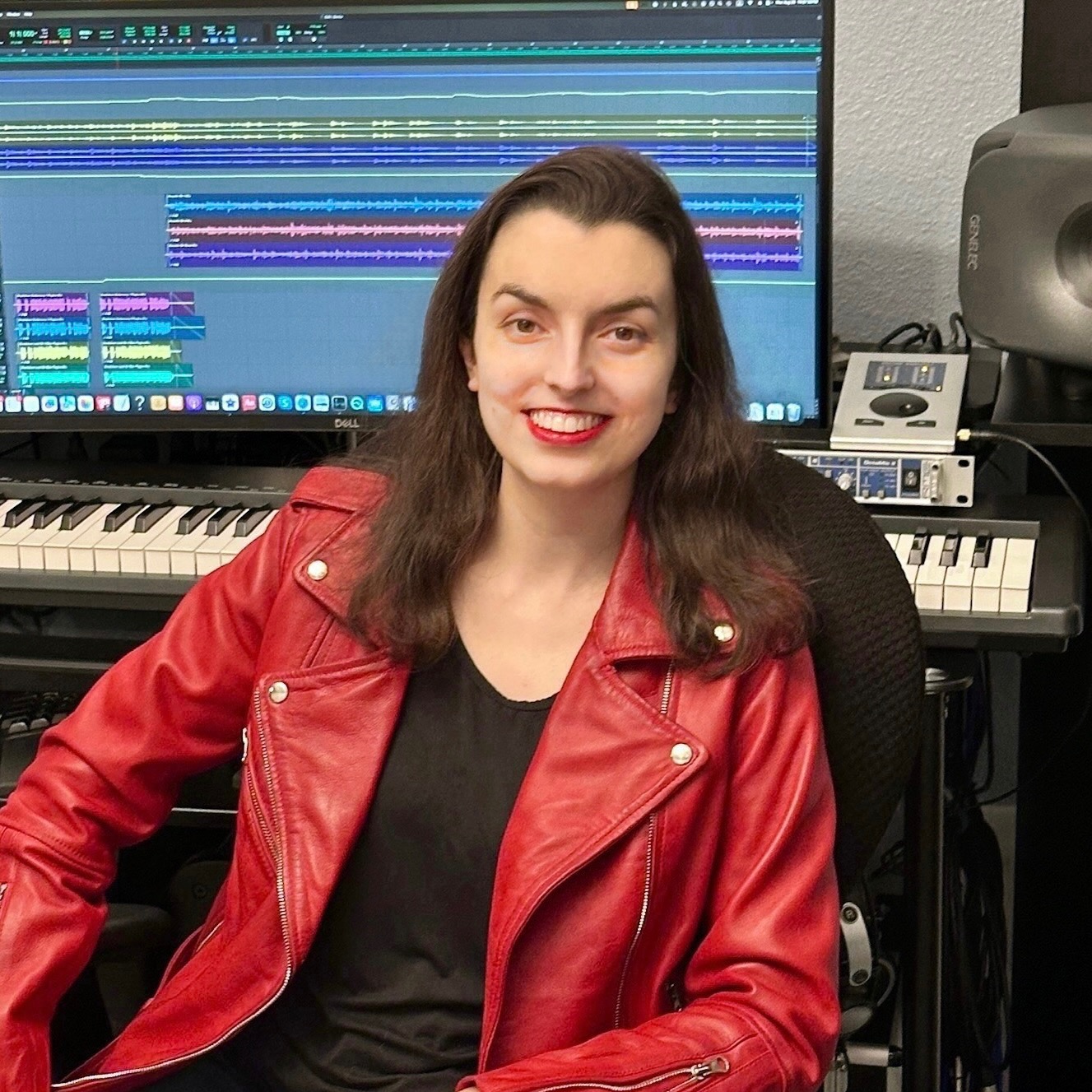

We recently had the chance to connect with Shelby Lock and have shared our conversation below.
Shelby, a huge thanks to you for investing the time to share your wisdom with those who are seeking it. Can you briefly introduce yourself and share what makes you or your brand unique?
I own the Santa Cruz recording studio Silver Moon Sound, and I’m an audio engineer, pianist, and composer. Silver Moon Sound is a boutique recording studio in the Santa Cruz Mountains that caters to artists who need an inspiring place to record with scenic views, old Redwoods, and fresh mountain air. We’re the only recording studio in Santa Cruz with a 7 1/2 foot Yamaha C7 grand piano, so we tend to record acoustic and classical acts. Silver Moon Sound is also the only recording studio in the region that is 100% woman-owned and operated, wheelchair-accessible, and bilingual. A lot of people expect a studio to be dark, cave-like, and masculine. I took the opposite approach and designed a Victorian-themed space with lots of natural light and the blue and white colors of the nearby Monterey Bay.
However, the majority of my business is remote mastering and mixing work for artists from around the globe. My clients include everyone from GRAMMY® winners and nominees to up-and-coming artists to bedroom producers just starting out. People trust my ears because I’m not only an engineer, but also a conservatory-trained composer and pianist myself. I’ve received multiple awards and recognitions as a composer. I’m a three-time Finalist in the American Prize in Composition and have performed my solo piano music at the Kennedy Center. This means I approach every audio engineering project with both an engineer’s and a highly-trained musician’s ear.
We think it’s so important for us to share stories with our neighbors, friends, and community because knowledge multiplies when we share with each other. Let’s jump in: What do you think is misunderstood about your business?
To be honest, most people outside the music industry have no concept of what I do at all. And many people who have even heard of terms like “mixing” and “mastering” don’t understand the differences between the two. Not very many people who aren’t mix or mastering engineers truly understand the amount of training, skill, and time required to do a great mix or master. As in many fields, if you get great at it, you can do it quickly and make it seem easy when it isn’t at all for an untrained person.
In particular, a lot of people misunderstand how important and challenging mastering is. There are a number of services and plugins now that will use AI to “master” a track, and many people think this is just as good as the real thing. They misunderstand mastering as just making songs louder when that’s only a small portion of what a human mastering engineer will do.
Mastering is a highly technical field, but at the end of the day, it’s also an art. You’re a fresh set of ears brought in at the end of the album-making process to go over the album with a fine-toothed comb. You’re the person who takes a step back to look at the big picture and make sure each song flows naturally into another and keeps the volume between tracks comparable.
Overall, the biggest misconception about mixing and mastering is that anyone can do it. People think if they buy a DAW like Logic or Pro Tools, buy some fancy plugins, and watch a few tutorials on YouTube, they’ll be all set. I tell musicians that learning mixing and mastering is like learning a completely new instrument––you might get a rudimentary proficiency with it within a year, but in order to achieve mastery, you’d have to devote many years to it as you would with an instrument. So I advise musicians that, unless they’re simply passionate about learning mixing and mastering, they’re better off finding someone like me who is already an expert.
Amazing, so let’s take a moment to go back in time. Who taught you the most about work?
I come from a family of hard-workers going back many generations on both sides. My grandmother was a first generation Ukrainian-American who grew up in poverty and later built a thriving career in public relations, so she always encouraged me to go for my dreams and not take anything for granted. But growing up watching my dad build his own company while also holding down another job showed me the time and work it took to be an entrepreneur. He worked towards this goal for about a decade until it finally took off, and he was then able to leave his other job, hire a full staff, and live his dream.
So I grew up with the mindset that if you wanted to accomplish something, you had to work hard for it. And that has served me well being in the music industry. Contrary to how it may look from the outside, very rarely does someone just get lucky and have success handed to them. For example, the breakout star was honing their craft and paying their dues for years and years before their big hit got noticed. And with what I do as an engineer, you start at the bottom and have to prove yourself for a very long time before you get to work with high-level clients and get gold records and awards.
I’ve always known and expected that an entrepreneurial career in music would very much be a marathon rather than a sprint. A lot of who succeeds or not in music is just who can hang in there the longest without giving up––while also having the right skills when opportunity finally shows up.
When did you stop hiding your pain and start using it as power?
Six and a half years ago, the unthinkable happened: I became disabled after catching a mild virus at a piano gig. Essentially, I just never recovered from the virus. It turned into a neuroimmune illness called Myalgic Encephalomyelitis that impacts the whole body, but especially the nervous system, immune system, and cellular energy production.
At first, I was too sick to do much work at all, but in time, I began to get better and take on more and more mixing and mastering work that I did from my home studio. So, I built up this clientele from around the world, and for a couple of years, no one but my closest engineer friends had any idea what my life was really like. No one knew I could only work for an hour at a time before I’d have to go lie down, or that I’d modified my whole mixing desk so I could be partially reclined while working. I thought if anyone knew I was disabled, no one would hire me. I thought people would assume being disabled meant I was incapable of great work.
Fast forward three years––now this was early 2022––and I started to realize that, once the lockdowns ended, it would be impossible to hide my condition the moment I showed up to an industry event in my wheelchair. By this point, I was also getting established enough in industry circles and getting enough consistent work that I realized I was in a position to use what happened to me for something good. So I published an article sharing my story and advocating for better accessibility in the music industry. I waited for the backlash and judgement, but it never came. Instead, I found only support and community with other music professionals with disabilities.
Since that time, I’ve used every chance I can to advocate for accessibility and disability inclusion in the music industry and beyond, including founding the Audio Engineering Society’s Accessibility Subcommittee, which works on improving accessibility both within the AES and the greater audio engineering community. But a lot of the time, I don’t need to advocate with words. Just being a successful music professional who happens to have a disability makes a statement. Showing up to industry events, walking with my cane and wearing a bedazzled respirator mask, is a power move in a society that tries to tell you that having a disability is something shameful to hide.
Sure, so let’s go deeper into your values and how you think. What are the biggest lies your industry tells itself?
The industry tries to tell you that your worth comes from how many followers you have, how many awards you’ve won, and how much money you’re making. But as artists and humans, our worth is inherent, and there is so much more to having a fulfilling music career than tangible, external metrics. I am an ambitious person with big goals, but for me what will always be the most important career-wise is getting to work on interesting projects that are artistically fulfilling with people I enjoy working with––ideally on projects that will still be enjoyed or have some kind of impact a few decades from now.
In other words, for me the music and the people will always come first. I don’t do what I do just for fame, recognition, or prestige. Anyone who goes into music seeking those things first is going to be greatly disappointed when the world invariably doesn’t validate their worth in exactly the way they think it should. In general, I also think the concept of “success” is a nebulous one, and everyone needs to decide for themselves how to define it.
Okay, we’ve made it essentially to the end. One last question before you go. When have you had to bet the company?
When I moved to Santa Cruz to open my new studio last year, I put everything on the line. I’d been slowly saving up for years with the hope that someday, the right situation would happen and I could majorly upgrade my setup. So I took a huge leap of faith and went for it in 2024. I was very strategic, however. I was determined to avoid the mistake that many studios make that causes them to fail: buying too much gear in the beginning and taking on more debt than they can realistically pay off. I knew the two most important parts of a studio are the room acoustics and the monitors, so that’s 90% of what I invested in. Everything else was other essentials that a studio can’t operate without.
I went down to LA to pick out the ideal set of studio speakers as well as some other gear, and writing that big check was pretty scary. But I realized this was the only way I could reach the next level in my career. If I was really aiming to be a top-tier mix and mastering engineer, having a setup that let me hear everything in full detail with complete accuracy was a must. Investing in the gear was investing in myself.
Fortunately, the bet has already paid off with the amount of additional work I’ve been able to take on and the higher profile of clients I’m regularly getting as a result… And it makes me smile every day when I walk into my beautiful studio and see what I’ve been able to create.
Contact Info:
- Website: https://shelbylock.com
- Instagram: https://instagram.com/shelbylockmusic
- Facebook: https://facebook.com/shelbylockmusic
- Yelp: https://www.yelp.com/biz/silver-moon-sound-santa-cruz
- Other: https://silvermoonsound.com
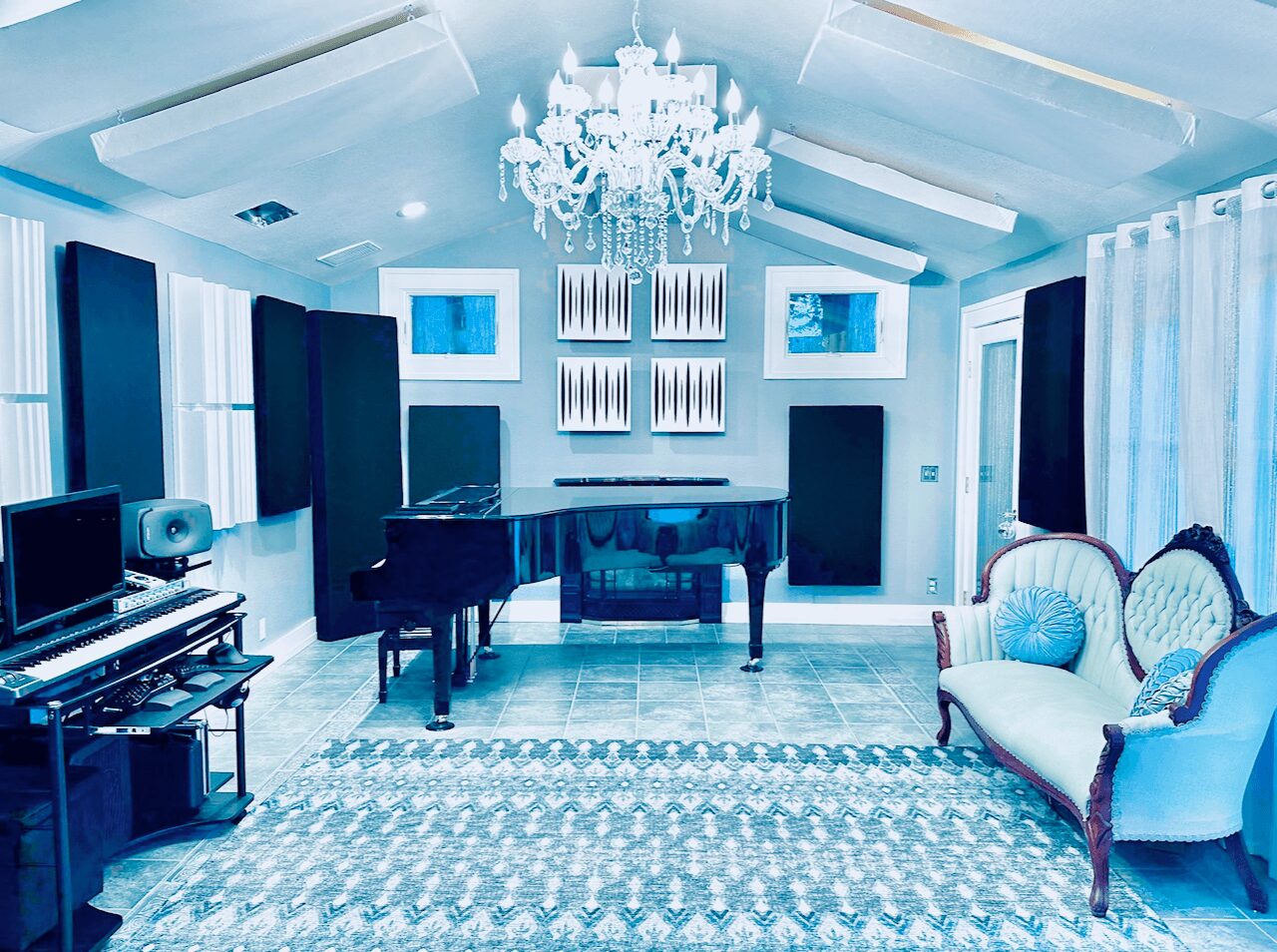
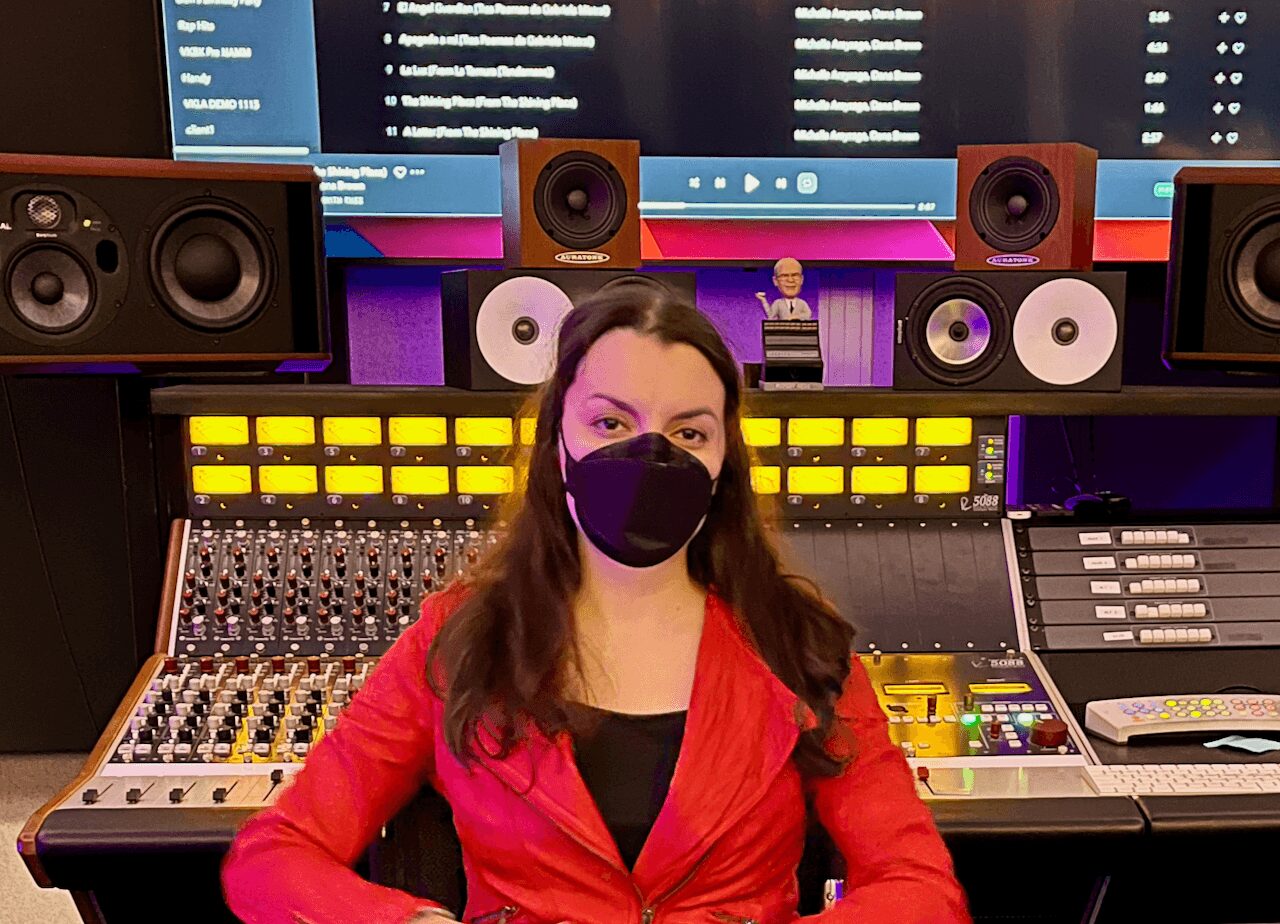
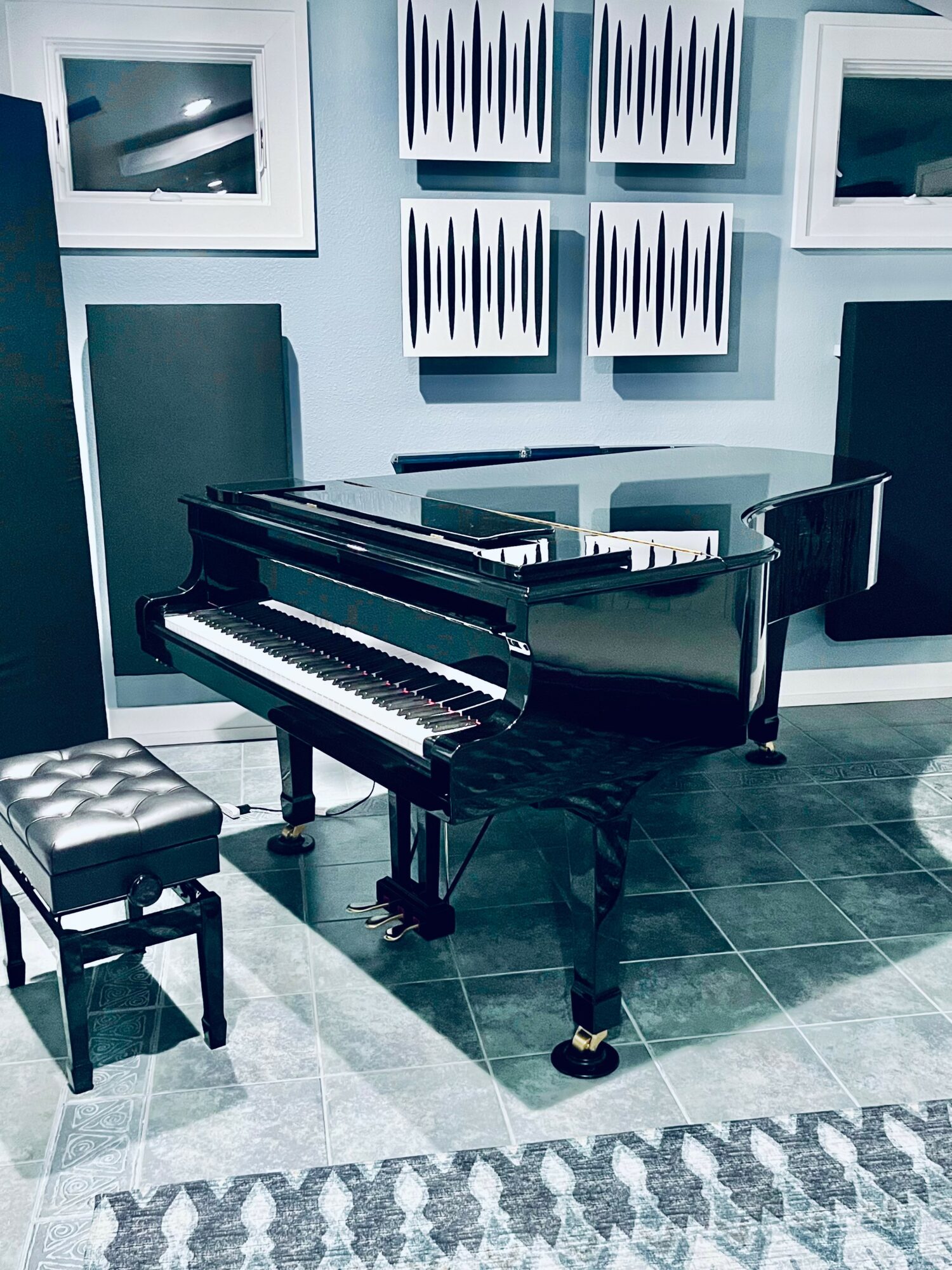
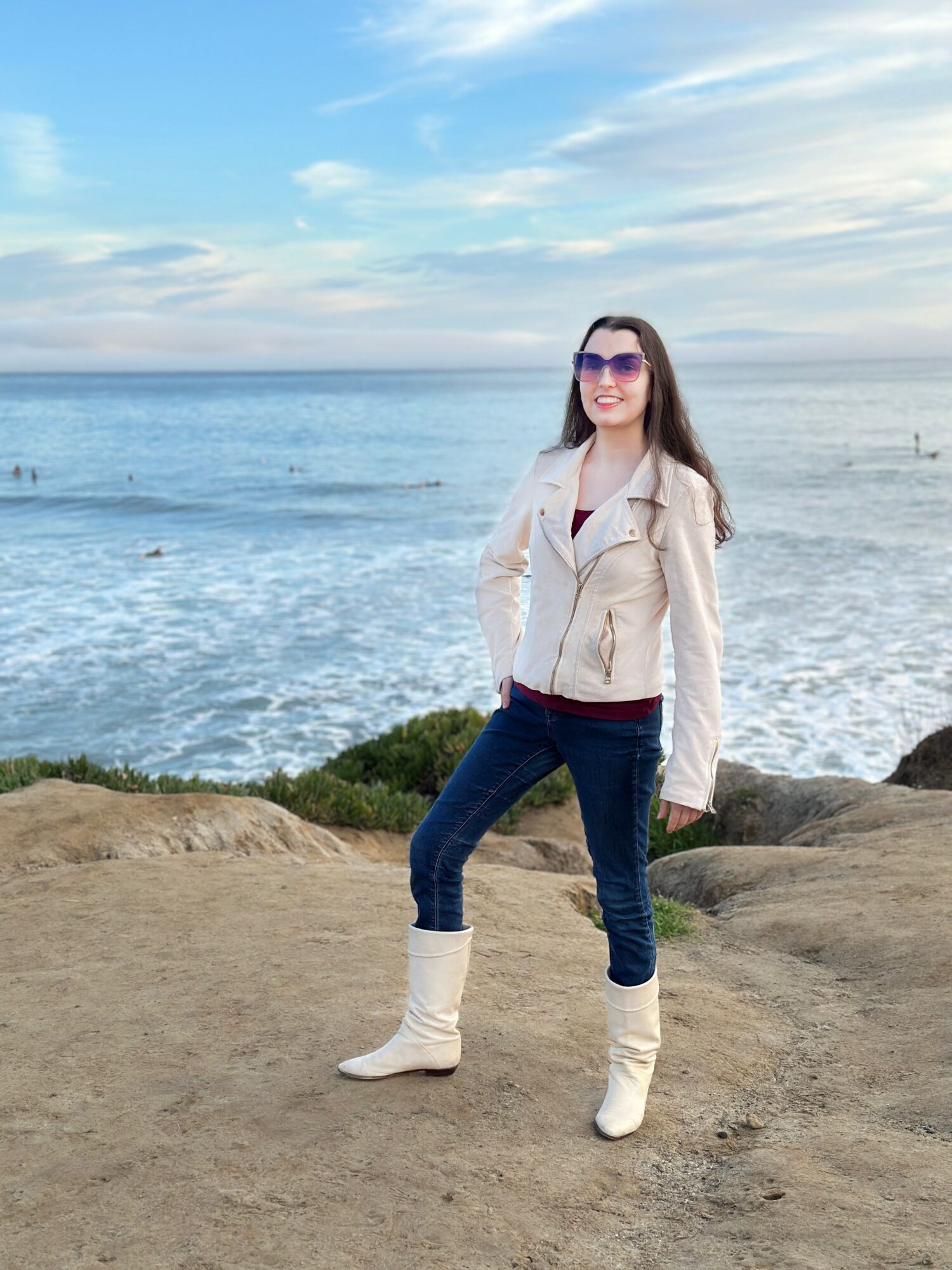
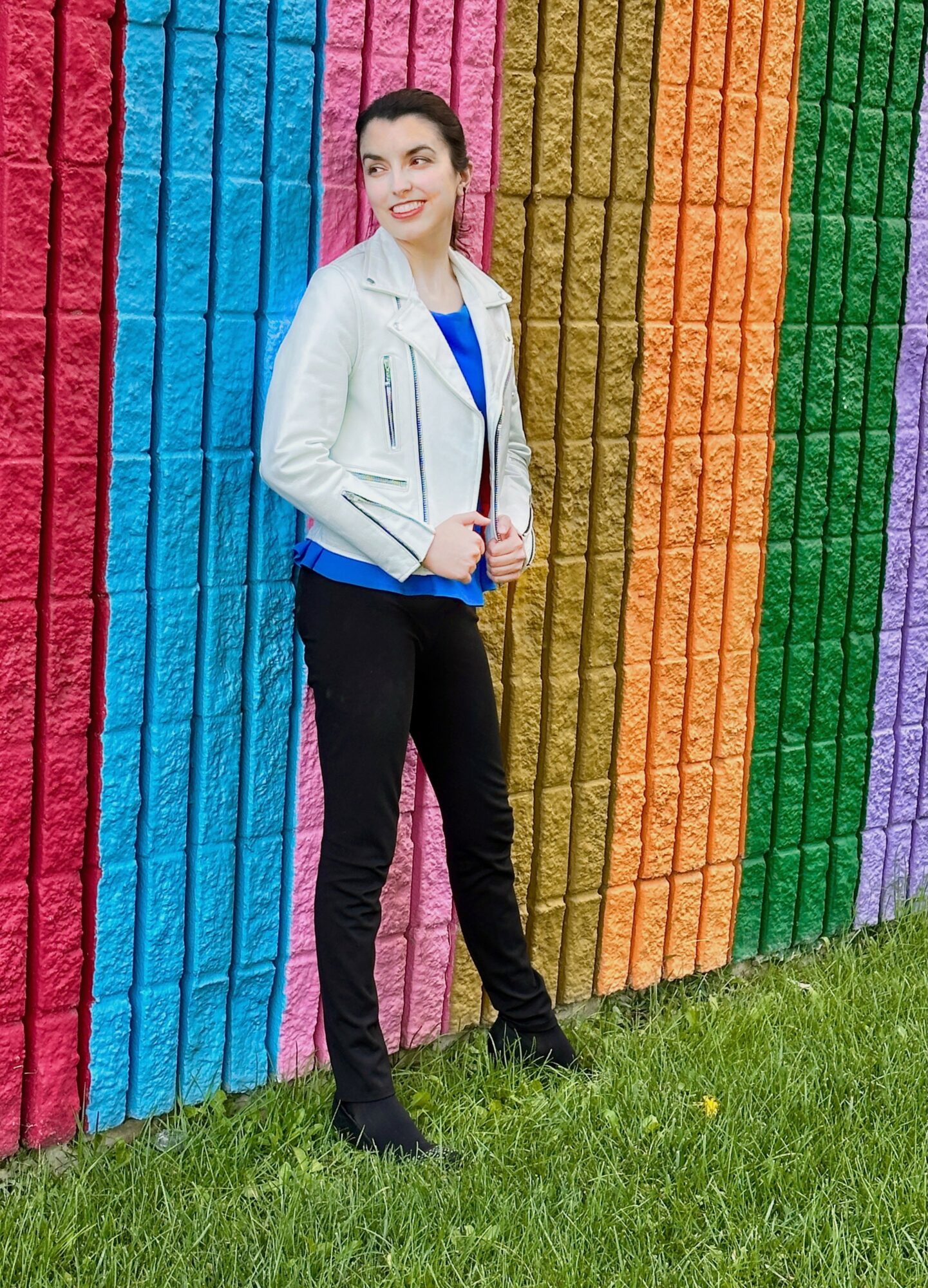
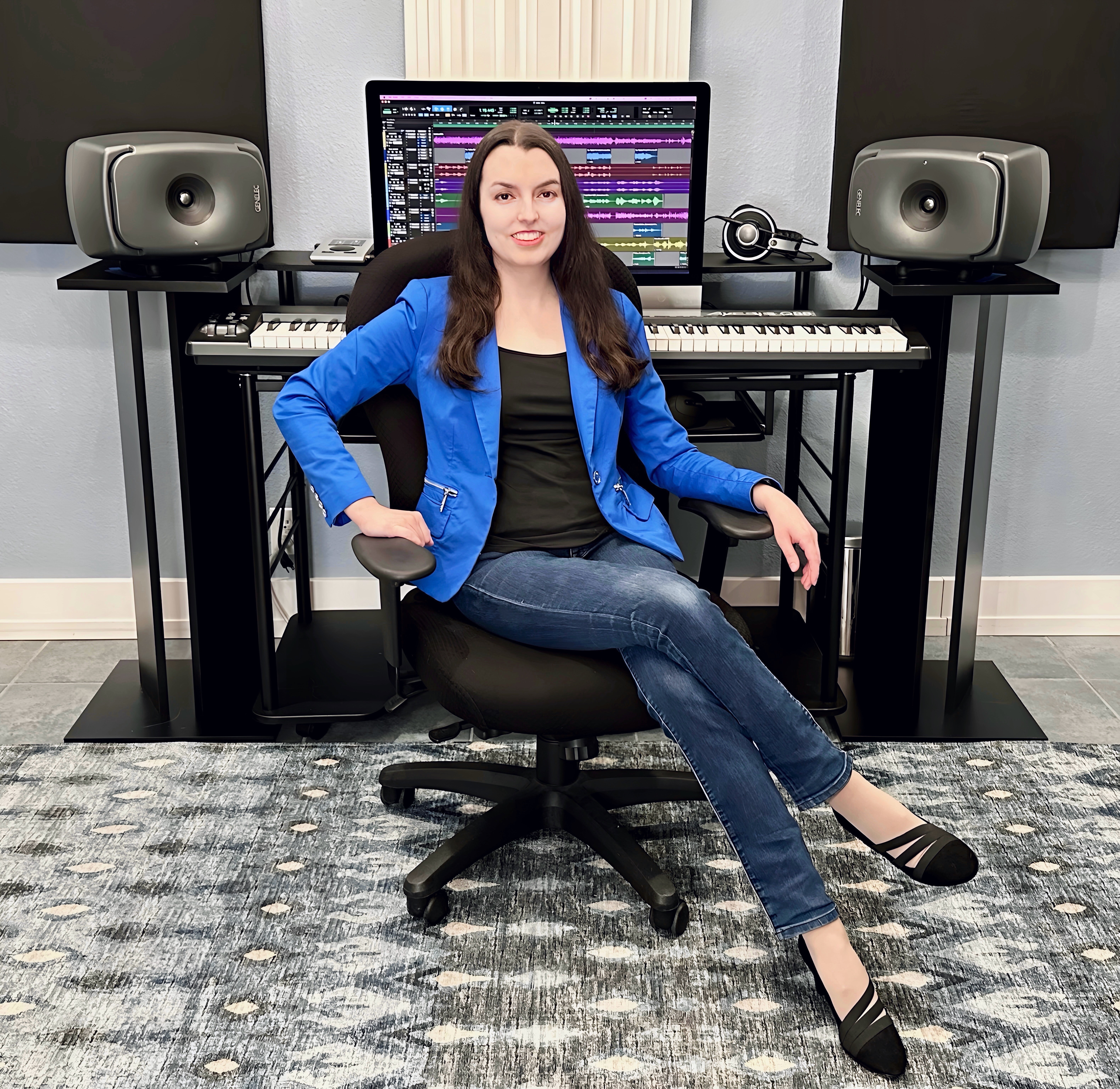
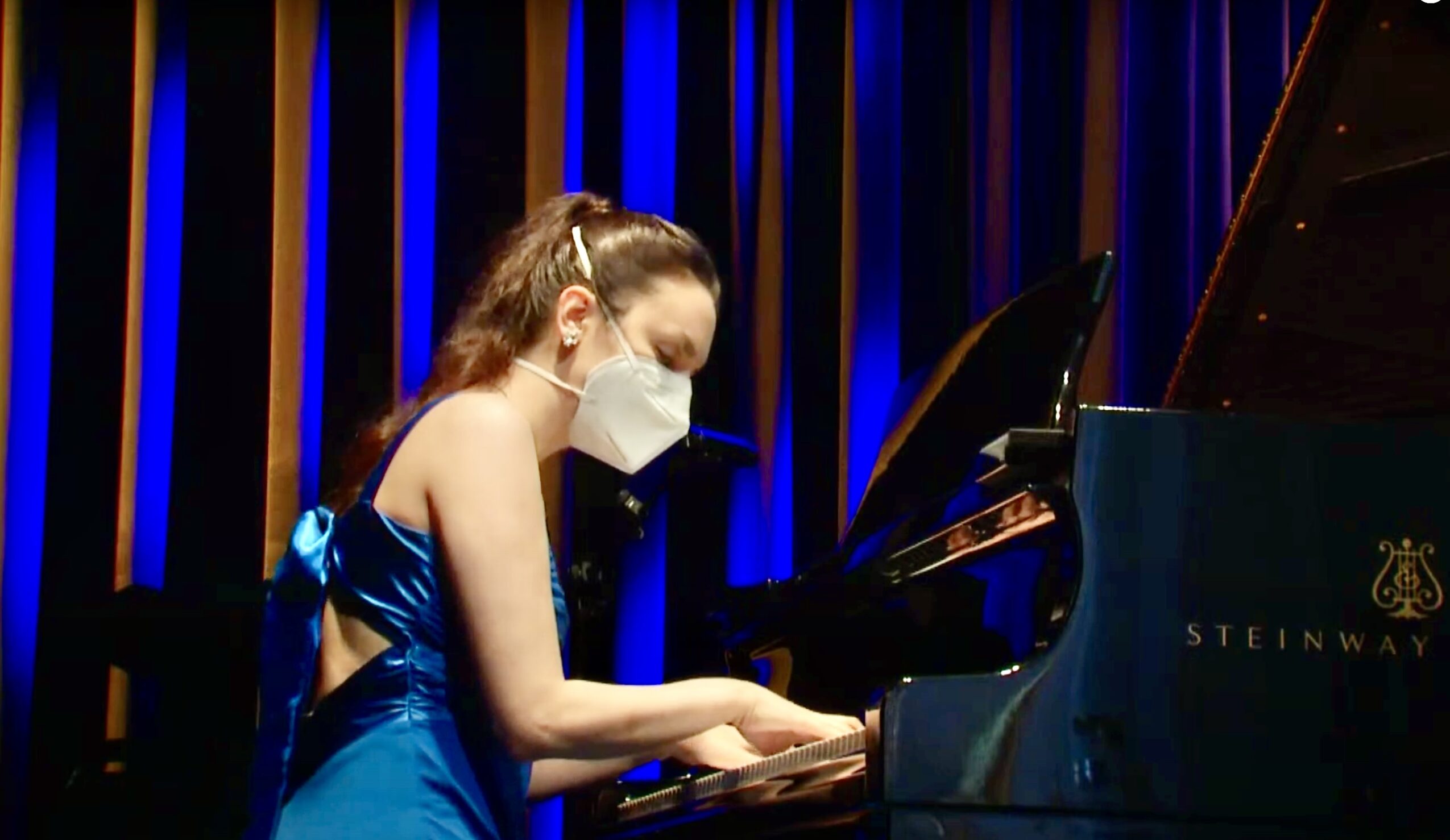
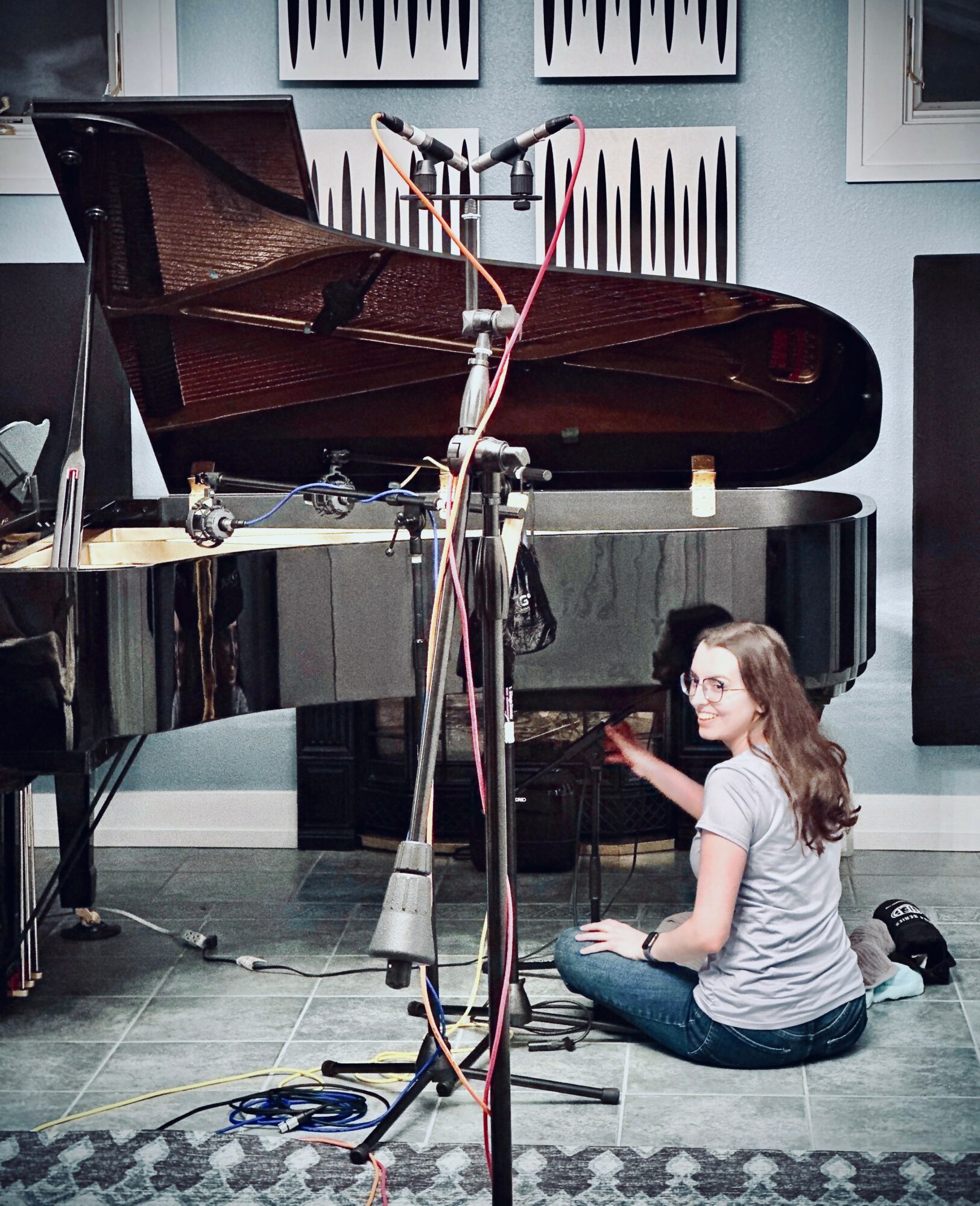
Image Credits
Piano performance photo: The John F. Kennedy Center for the Performing Arts. All other photos, Shelby Lock.












